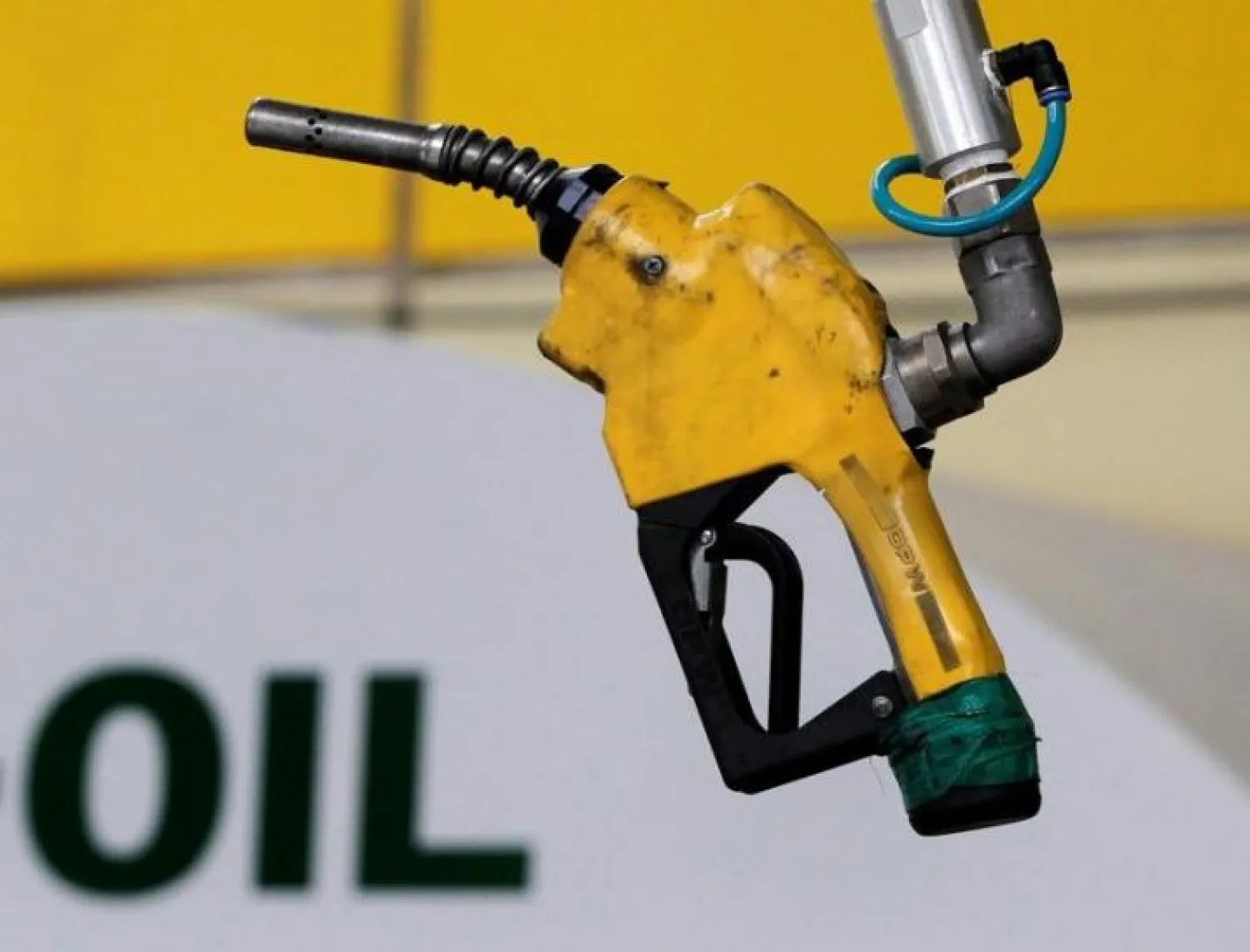Saudi Arabia continues its efforts to stabilize market balance as rapidly as possible, through supporting the current production-cut agreement between the Organization of the Petroleum Exporting Countries and countries outside.
Saudi Arabia announced on Friday a new round of cuts in oil exports.
More so, Reuters and Bloomberg cited on Thursday spokesman for the energy ministry saying that the Kingdom plans to cut crude exports by 120,000 barrels per day (bpd) in December from November.
Crude exports to the United States will be more than 10 percent lower than November levels, he said.
The world's top oil exporter said it planned to ship slightly more than 7 million bpd this month, up from low levels during summer when domestic demand was at its peak.
Seasonal drops in domestic crude demand free up more oil for export during the winter months.
The Organization of the Petroleum Exporting Countries, along with other non-member oil producers led by Russia, agreed to cut output by around 1.8 million bpd from Jan. 1 this year until March 2018.
OPEC is seeking to achieve consensus among the participating countries ahead of its next meeting in Vienna on Nov. 30 on how long to extend the deal beyond March.
The Saudi Energy Ministry also announced that Uzbekistan and Turkmenistan would attend the next agreement-related meeting as observers.
Brazil’s energy minister also told Bloomberg two days ago that an assistant to the Saudi energy minister had contacted him and invited him to attend the OPEC and non-OPEC oil production cut meeting.
However, Brazil has shown its unwillingness to participate because it cannot cut its production.









